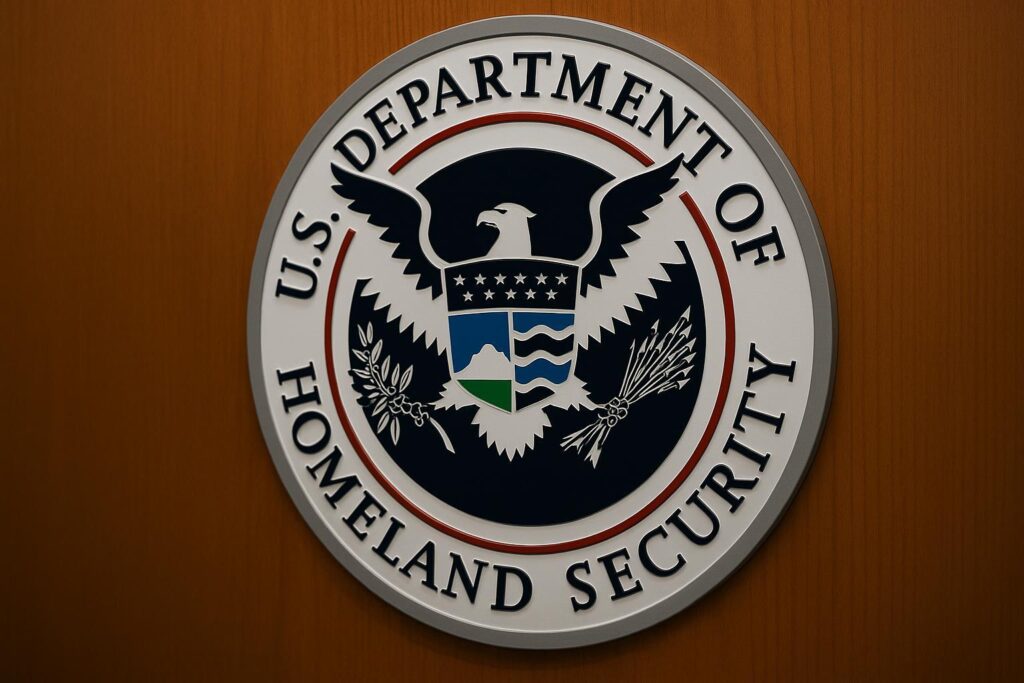Policy Shift in Washington
The Department of Homeland Security has announced that Temporary Protected Status for South Sudan will end on 5 January, citing security gains in Juba and surrounding regions.
Officials argue ongoing peace talks and reduced large-scale fighting justify the change, yet data from the United Nations still lists two million displaced internally.
Diaspora Faces New Uncertainty
Roughly 88,000 South Sudanese are thought to live in the United States; many arrived after 2013 violence. Losing TPS threatens work permits and access to health coverage, community leaders say.
Grace Ukel, a nurse in Omaha, tells our magazine, ‘We fled crossfire, not choice. Starting over again feels impossible.’ Her legal team is already exploring asylum filings.
Deadlines, Waivers and Legal Options
Under federal guidelines, beneficiaries will retain protection until the deadline but must depart or adjust status after that date. U.S. Citizenship and Immigration Services encourages applications for student visas, employment sponsorship or family reunification where eligible.
Immigration attorney Daniel Okonkwo notes that asylum claims require proof of personal persecution, not general instability, which ‘creates a steep evidentiary hill for many South Sudanese clients.’
Potential Ripple Effects in East Africa
Juba officials publicly welcome the decision, framing it as acknowledgment of their reform agenda. Analysts say remittance flows, estimated at $150 million yearly, could shrink if migrants exit the U.S. labor market.
Neighbouring Uganda and Kenya, already hosting large South Sudanese communities, may experience added pressure should return migration accelerate.
Expert Opinion on Humanitarian Duty
Human Rights Watch researcher Nyagoa Gatdet believes the move is premature, warning that cease-fire violations persist in Upper Nile state. She urges Washington to ‘reconsider after thorough field assessments’.
The Department of State counters that continued humanitarian aid, alongside diplomatic engagement, will offset risks. A spokesperson reiterated, ‘We remain committed to the people of South Sudan even as conditions improve.’
What Comes Next for Affected Families
Advocates advise migrants to gather documents early and attend legal clinics over the coming months. For many, the next 180 days will decide whether American classrooms or South Sudanese villages frame their future.


